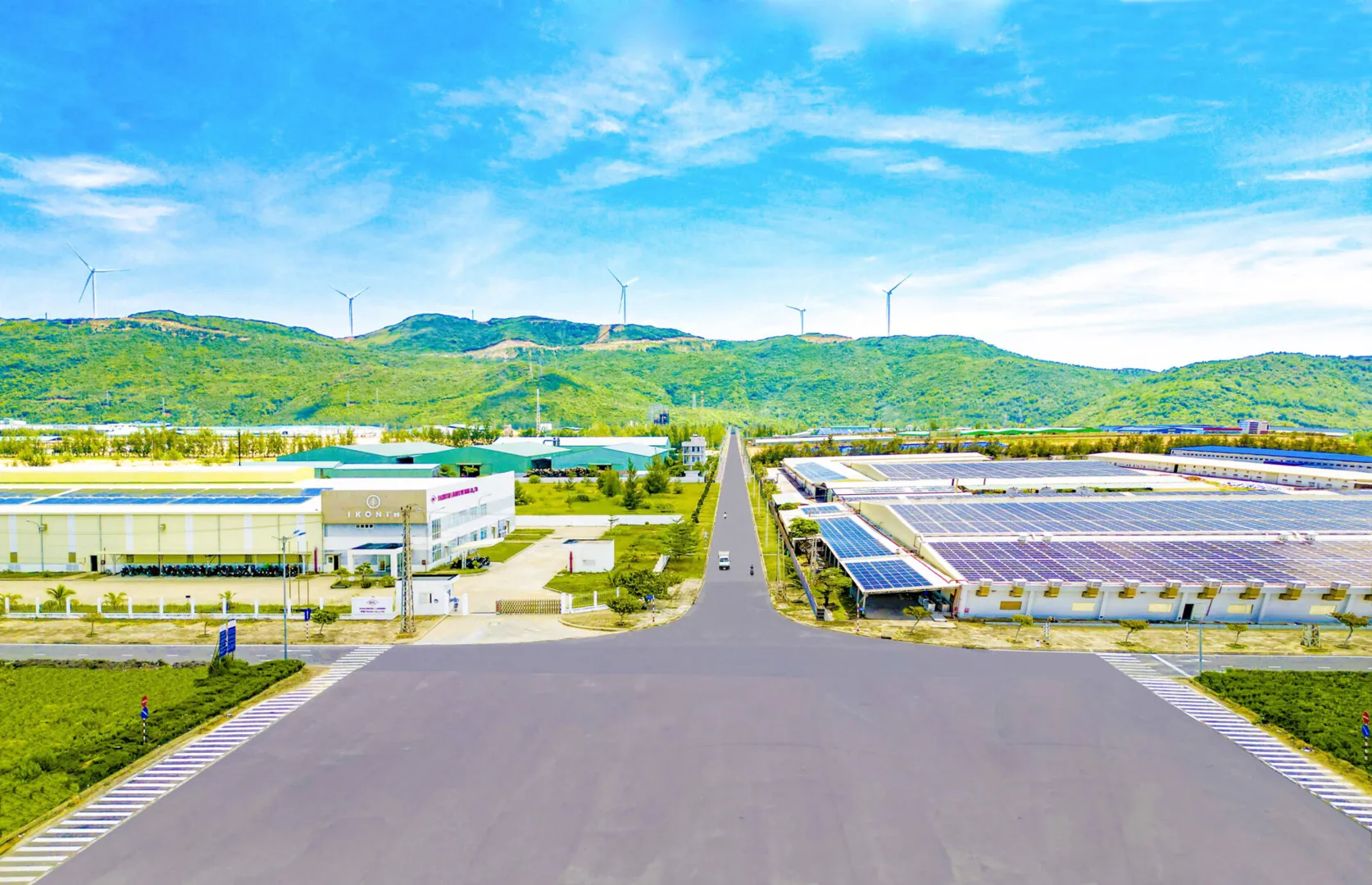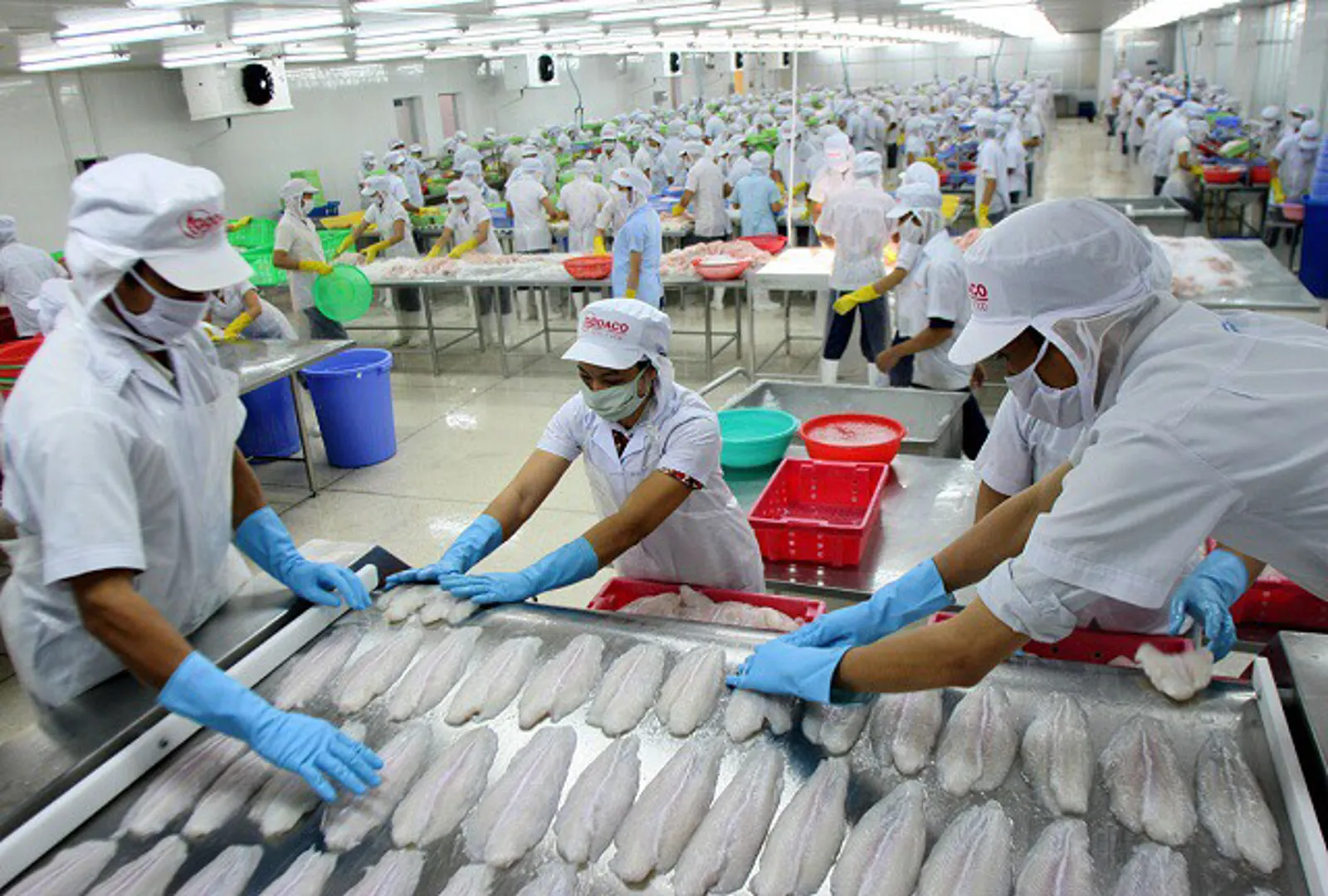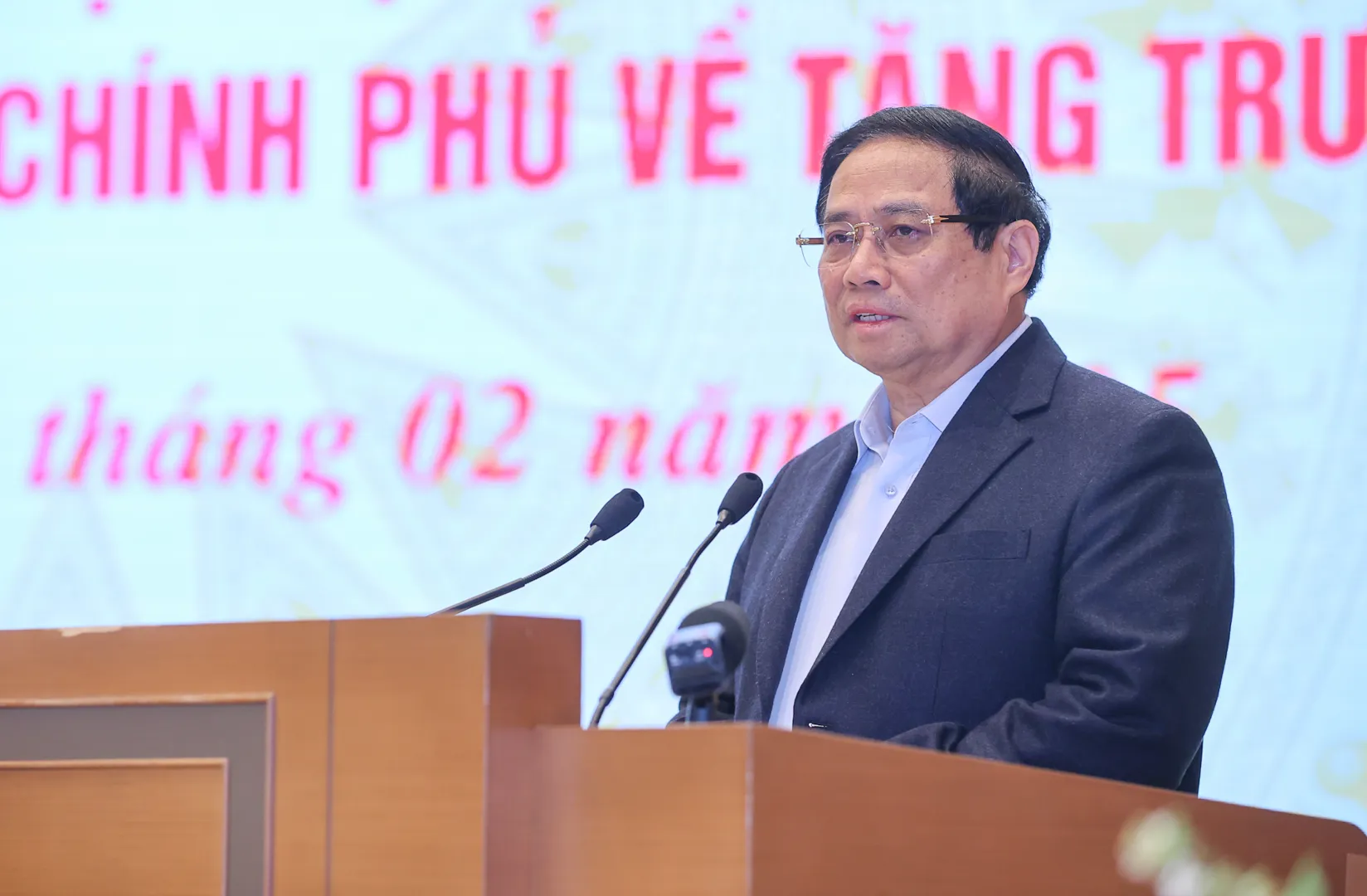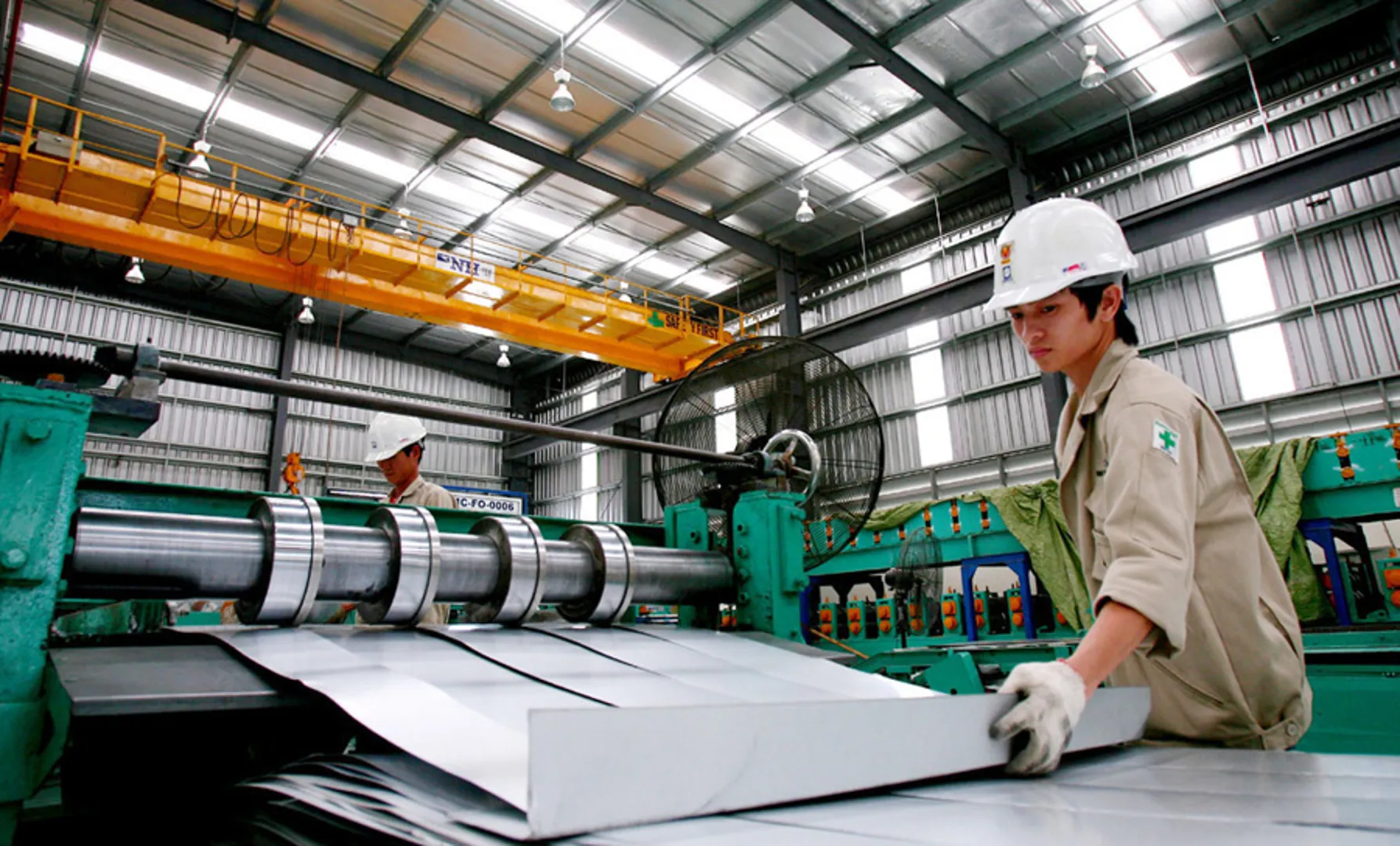Mobile money to add up 0.5 ppts to Vietnam economic growth
Over 50% of the Vietnamese population does not have a payment account at banks, therefore, mobile money would offer a non-cash payment method for a large base of customers.
The Ministry of Information and Communications (MIC) has suggested the pilot implementation of mobile money right in the first quarter this year would help expand e-payment services to 100% of the population and boost economic growth by 0.5 percentage points as international experiences showed, ICT News reported.
Mobile money, which allows people to transfer money through cellphone account instead of a bank account, would boost the development of e-commerce, e-market for agricultural products, fintech companies and innovative startups, said Minister of Information and Communications Nguyen Manh Hung.
Hung made the statement in response to the instruction of the government on January 7 requesting the pilot implementation of using mobile money for products and services with low value and new payment methods.
Recent data showed over 50% of the population in Vietnam does not have a payment account at banks, therefore, mobile money would offer a non-cash payment method for a large base of customers and contribute to a higher rate of cashless transactions.
Additionally, mobile money is expected to change the behavior of Vietnamese people in using cash in transactions.
Hung said right after the State Bank of Vietnam (SBV), the country’s central bank, issued licenses for mobile carriers to provide mobile money services, 100% of mobile subscribers in Vietnam could use e-payment services overnight.
Tran Duy Hai, deputy director general of the Authority of Telecommunications under the MIC, said mobile money is a viable solution to promote financial inclusion in rural and remote areas, where the lack of financial infrastructure is preventing the people from accessing banking services.
More importantly, mobile carriers could utilize the existing telecommunications facilities to provide mobile money services, in turn saving substantial financial resources in investment, Hai added.
As of present, major carriers in Vietnam including Viettel, VNPT and MobiFone have asked the government to draft new policies for the implementation of mobile money.
Phung Anh Tuan, general secretary of Vietnam Association of Financial Investors (VAFI) said mobile money is currently a global trend and Vietnam should join the process as the country intensifies its efforts in global economic integration.

Cashless payment to make up 50% of total transactions in Vietnam in 3 years: Expert
While fintech is sweeping through the traditional economy in Vietnam like everywhere else in the world, the vast majority of the local people remain unbanked or underbanked.

Vietnam has ambition to provide Mobile Money: Minister
Mobile Money allows people to deposit money into a network even without a bank account.

Vietnam's US$700-million cashless payment network to be operational next year
As of present, just 40% of citizens in Vietnam have bank accounts. However, 90% of daily transactions are conducted in cash, while the rate goes up to 99% for transaction worth under VND100,000 (US$4.34).







